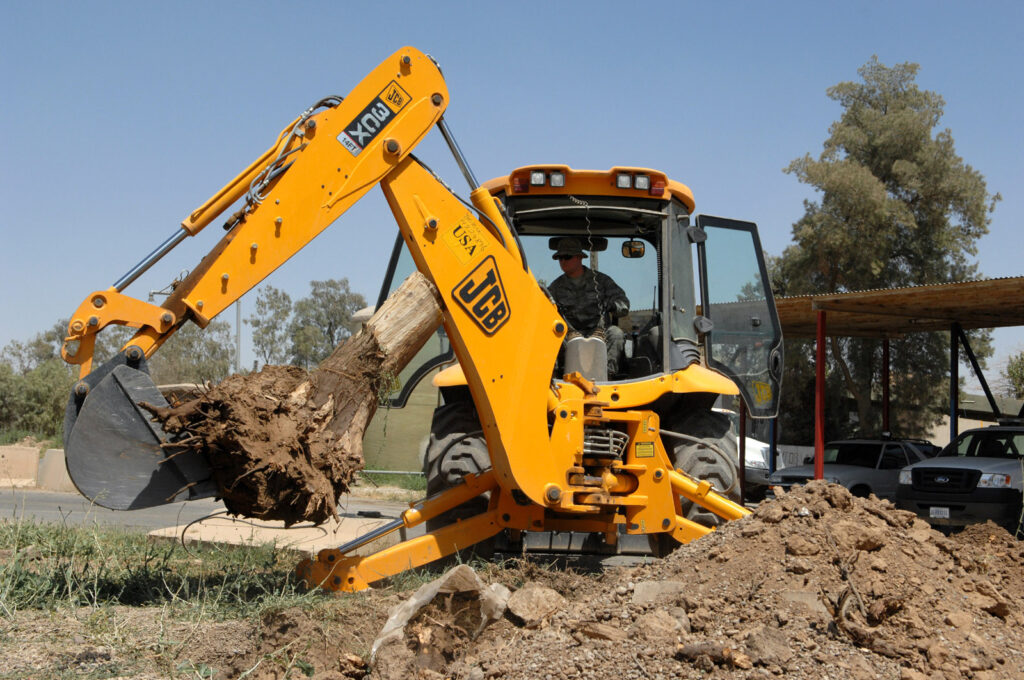What are the Expert Tips to Keep Your Heavy Equipment Running Smoothly? When it comes to heavy equipment, maintaining optimal performance is crucial for both safety and productivity. Regular maintenance and proper care can help prevent breakdowns, extend the lifespan of your machinery, and minimize costly repairs. In this article, we will provide you with ten expert tips to keep your heavy equipment running smoothly, ensuring its longevity and efficient operation.
1. Understand the Equipment’s Maintenance Schedule
Every heavy equipment comes with a manufacturer-recommended maintenance schedule. It is crucial to familiarize yourself with this schedule and strictly adhere to it. The maintenance schedule outlines the specific tasks and intervals at which they should be performed, including oil changes, filter replacements, and inspections. By following the recommended maintenance schedule, you can ensure that your equipment receives the necessary care and attention it requires.
2. Perform Daily Inspections
Before starting any heavy equipment, it is essential to conduct a thorough daily inspection. Check for any signs of damage, leaks, or loose parts. Inspect the tires, belts, hoses, and connections. Ensure that all safety features, such as lights and alarms, are functioning correctly. Identifying potential issues early on can prevent them from escalating into major problems and help keep your equipment running smoothly.
3. Lubricate Moving Parts Regularly
Proper lubrication is vital for the smooth operation of heavy equipment. Refer to the manufacturer’s guidelines to determine the appropriate lubricants and intervals for greasing the moving parts. Lubricate components such as bearings, joints, hinges, and pivot points. Regular lubrication will reduce friction, minimize wear and tear, and prolong the lifespan of your equipment.

4. Keep the Equipment Clean
Keeping your heavy equipment clean is not just about aesthetics; it is also an essential aspect of maintenance. Regularly remove dirt, debris, and mud from the equipment’s exterior and interior. Clean air filters and radiator grills to prevent overheating and ensure optimal airflow. A clean machine is less likely to encounter performance issues caused by clogged or damaged components.
5. Check Fluid Levels
Proper fluid levels are critical for the efficient operation of heavy equipment. Regularly check the levels of engine oil, hydraulic fluid, coolant, and other fluids specified by the manufacturer. Low fluid levels can lead to overheating, increased friction, and premature wear. Maintain the correct fluid levels to keep your equipment running smoothly and avoid unnecessary damage.
6. Inspect and Replace Worn Out Parts
As heavy equipment operates under demanding conditions, certain components will wear out over time. Regularly inspect the equipment for signs of wear and tear, such as worn-out belts, hoses, and damaged seals. Replace any worn-out or damaged parts promptly to prevent further damage and ensure smooth operation.
7. Train Your Operators
Well-trained operators play a significant role in maintaining the smooth functioning of heavy equipment. Provide comprehensive training programs to your operators to familiarize them with the equipment’s features, operating procedures, and maintenance requirements. Proper training will help operators identify potential issues, perform routine maintenance tasks, and operate the equipment safely and efficiently.
Contact Interstate Heavy Equipment at 945-400-6965 or visit their website, https://buyyourequipment.com, to learn more about their services and schedule a repair.


Recent Comments